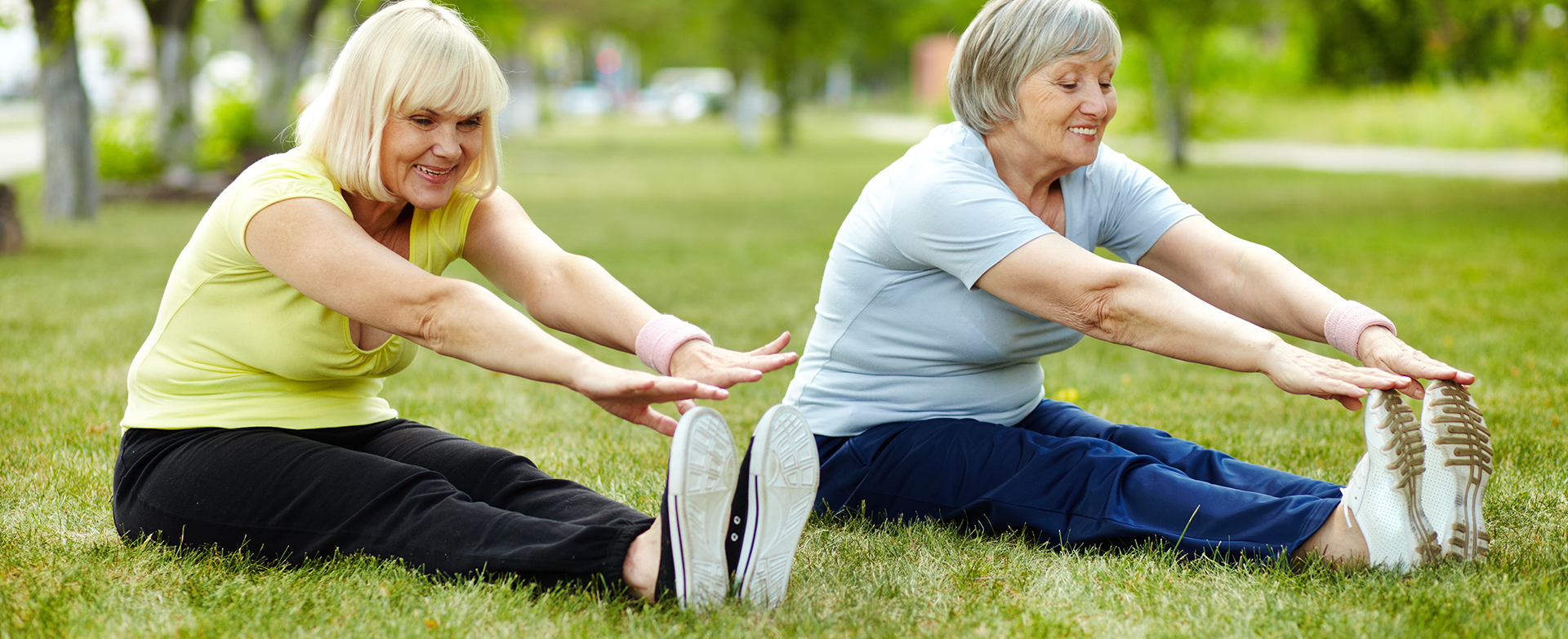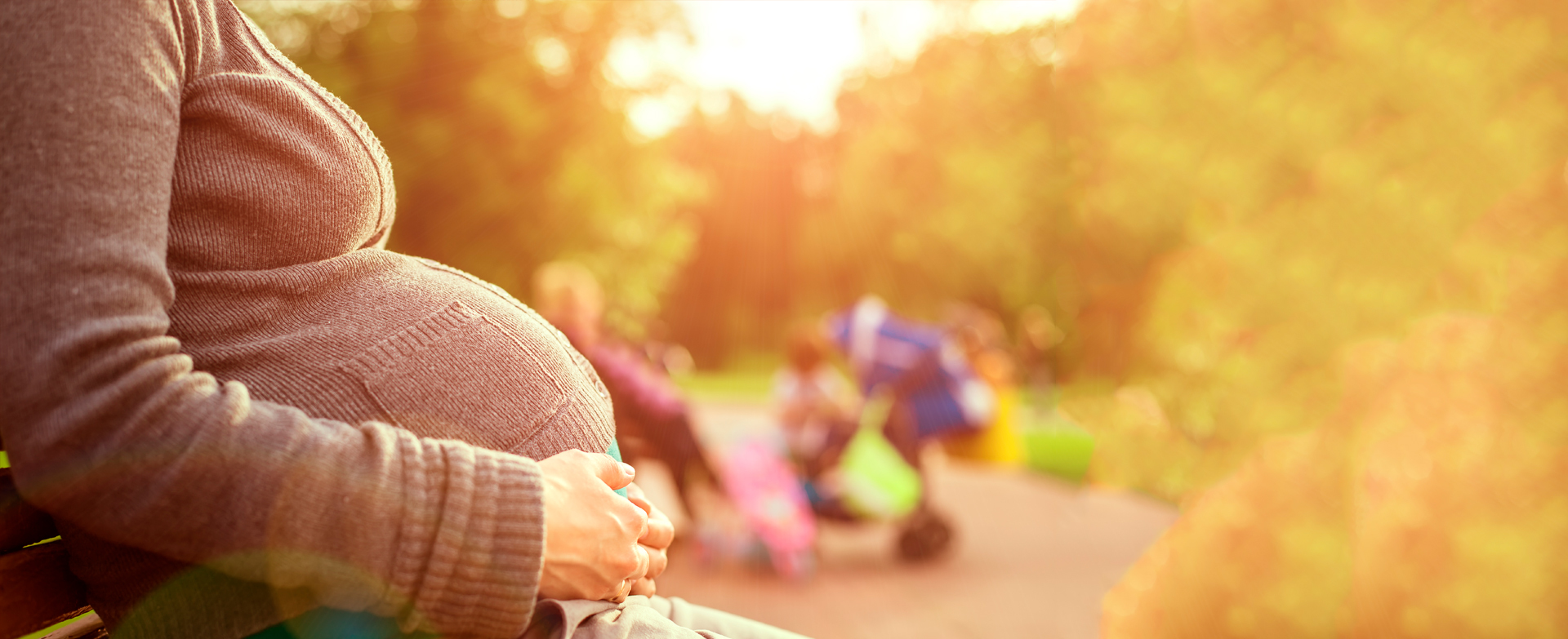
Most psychological problems appear to apply to cases where incontinence is due to a hyperactive bladder and not so much in cases of to stress incontinence. Urodynamic studies have also shown that the severity of urinary incontinence is linked to psychological burdens. Elderly people who suffer from incontinence showed increased depression symptoms. Of course, it […]

The prostate is a gland situated in front of the bladder. In men, the prostate is the main mechanism for urine retention. This is possible thanks to the internal sphincter at the neck of the bladder and the external left sphincter situated exactly past the apex of the prostate, in the pelvic floor. The prostate […]

DATA REGARDING URINARY INCONTINENCE IN GREECE Studies* performed in Greece have shown that one out of three persons aged between 20 and 60 may experience, in one year, an episode of involuntary urine leakage – i.e. incontinence, with women being affected more than men, of whom only one in five experience urine leakage. In general, […]

To better understand light urinary incontinence, it helps to first understand how your urinary tract really works. The kidneys filter urine from the blood; urine is then stored in the urinary bladder. The urinary bladder is a hollow muscular organ that retains urine until you decide that you feel full (under normal circumstances, approximately 300 […]

Most tests that lead to the precise diagnosis of the type of incontinence are simple. They include urine tests: general urine test, urine culture, antibiogram, urine cell analysis, radiology analyses, such as examination of the urinary tract with ultrasound, cystogram, and urodynamic testing that may be combined with video recordings of urination, after the bladder […]

Decreased levels of oestrogens observed during the menopause may cause the epithelium of the urethra (the small tube that allows urine to be expelled from the bladder) to atrophy. In addition, the muscles that make up the pelvic floor lose their strength with age, a condition known as wasting. As a result, women in their […]

Light urinary incontinence during pregnancy may be the result of many factors. Certain women are genetically predisposed, while others are not. Race and age may also constitute contributing factors. It is known that smoking also contributes to the onset of light incontinence. Conditions of the lungs, such as asthma and chronic cough, may also weaken […]



